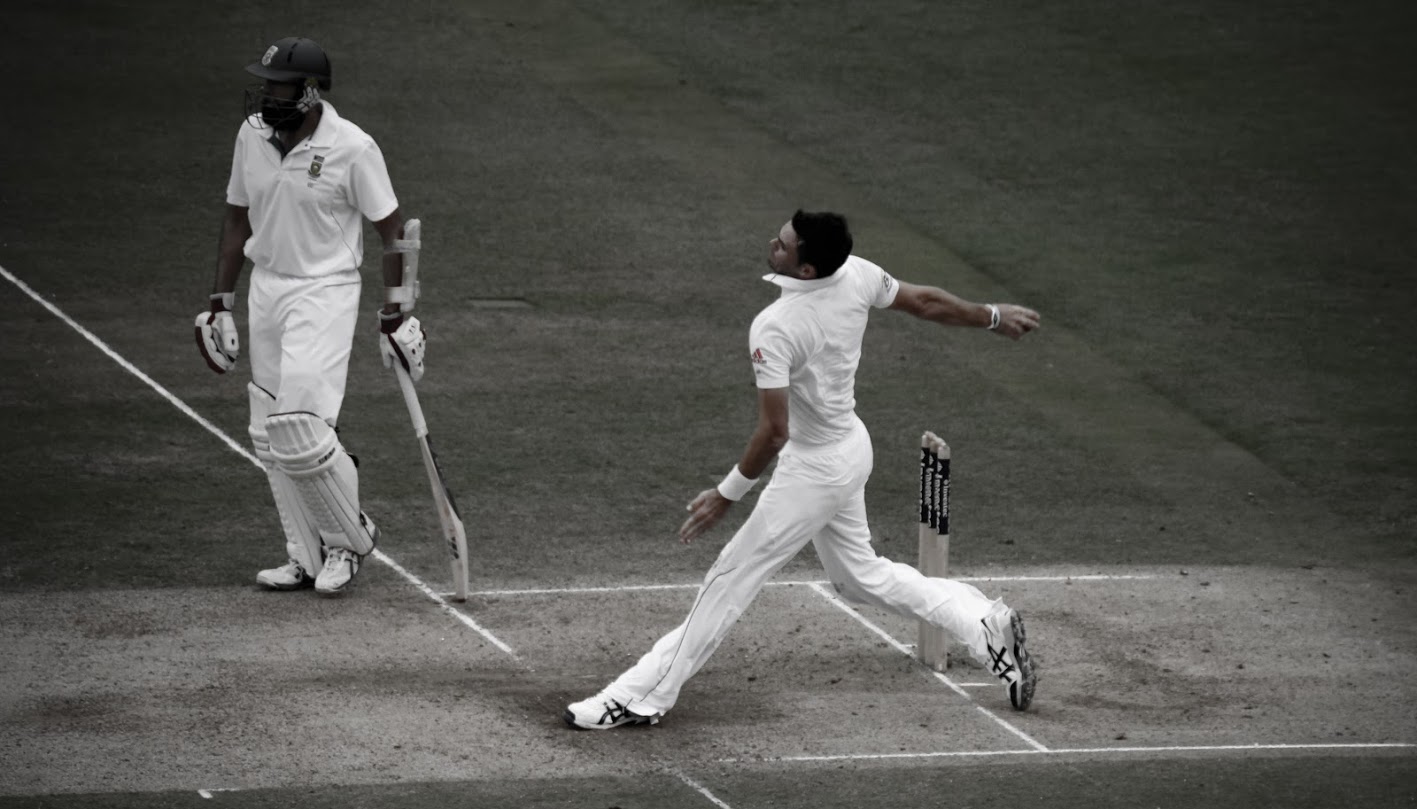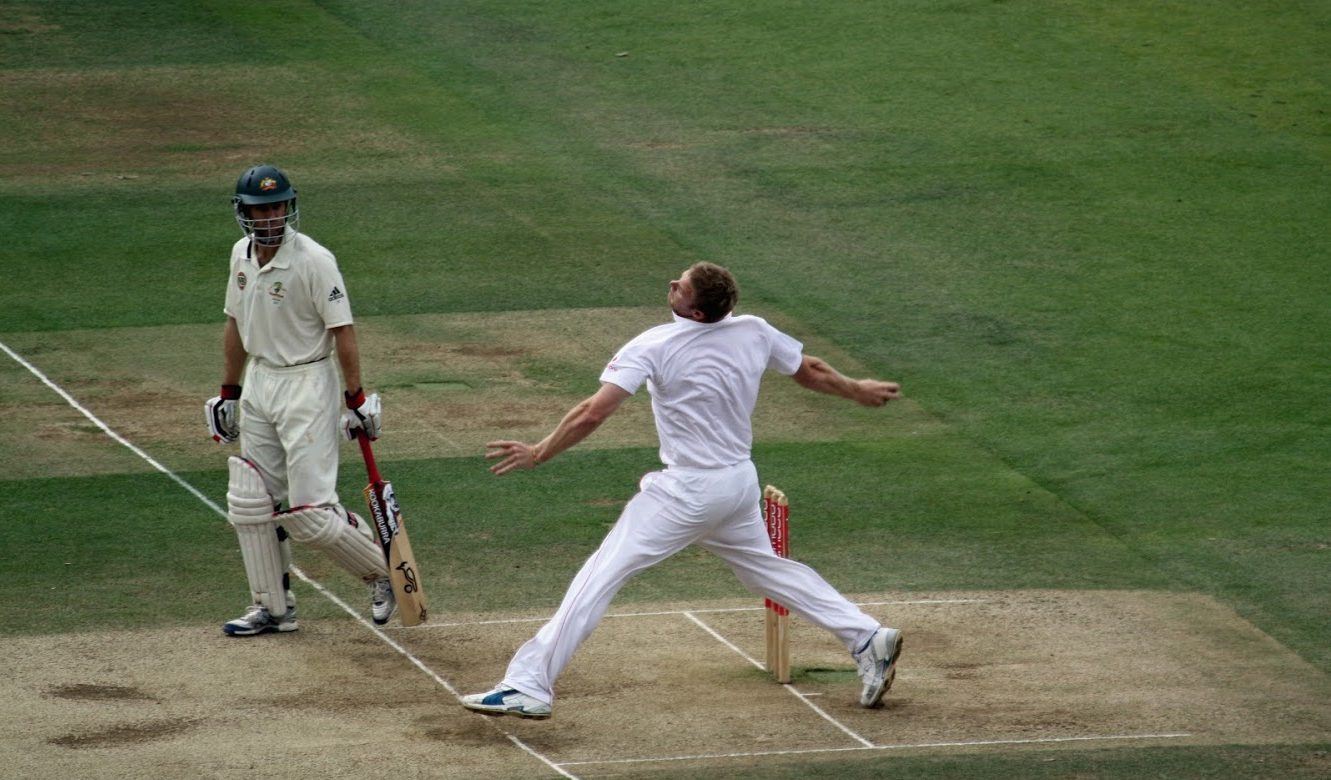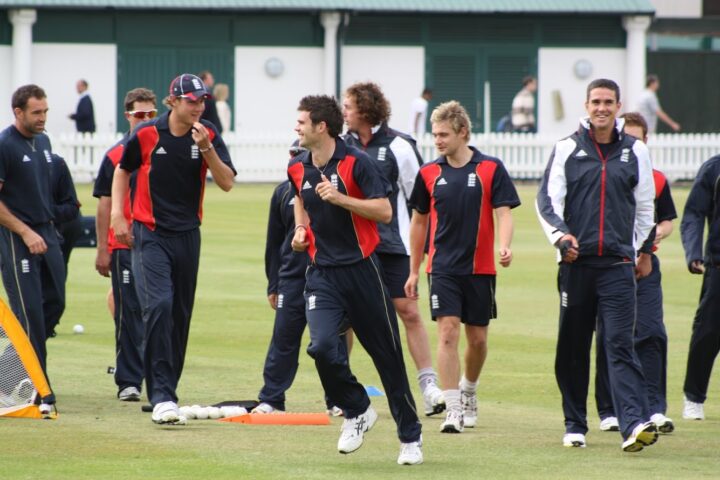
A school friend once said to me on the eve of the first test match of the English summer: “the cricket season starts tomorrow”.
“It’s the end of May” I replied, “it started a few weeks ago”.
“Nope” he said, “the real cricket season, just like the English summer, doesn’t begin until I hear Richie Benaud say ‘good morning everyone’”.
That conversation has always stayed with me.
Those were the good old days: the time when test cricket was on free to air TV. Since then, of course, Sky have monopolised test coverage – making more and more of us reliant on TMS and our digital radios. That annual Richie Benaud moment has therefore became a Jonathan Agnew, Henry Blofeld or … a Christopher Martin Jenkins moment.
The untimely death of Tony Greig a fortnight ago somewhat overshadowed the passing of another cricketing great – not a player who captained England and became a television personality, but a distinguished radio broadcaster and fine newspaper journalist. CMJ will be missed by every English cricket fan who thinks deeply about the game.
Owning a Sky subscription myself, I have never listened to TMS religiously. I mainly listen to it in the car, or when I’m away from home; consequently, other people could probably comment on CMJ’s excellence as a commentator better than I. However, CMJ has still played a significant role in my life …
When I was at school I wasn’t particularly good at English. It’s because I had no interest in literature at all. I still don’t actually. I’ve only read about five fictional books in my entire life – and the last one I read was over ten years ago. This makes me a philistine in the eyes of many.
So when I’m asked about my inspirations for becoming a writer (I’m a copywriter who also writes history books when I’m not distracted by this blog), I have a somewhat unorthodox response: it was the game of cricket, or more specifically cricket journalism, that got me into writing.
It all began when I was university. I started reading the broadsheets religiously – mostly the back pages of course – and eventually became the deputy sports editor of Wessex News, the University of Southampton’s student rag. Who did I want to write like? Christopher Martin Jenkins, naturally.
There aren’t many good football journalists out there. In fact, you can’t be a ‘sports’ journalist if you’re writing about something that’s a financial competition, not an athletic one. Fortunately however, fine cricket journalists are ubiquitous. They write with colour, finesse, and their vocabularies are bulging. They are the ones who taught me how to write – not Thomas Hardy or Laurie Lee.
Of all the cricket journalists I’ve loved over the years, CMJ was the original and the best. He wrote with great precision, but never showed off. When he left The Daily Telegraph in 1999 and moved to The Times, Derek Pringle was unable to replace him. Pringle always seemed too aloof – and, dare I say it, a bit smug. Therefore, when CMJ left the Telegraph, this particular reader transferred his allegiance to The Times too. In fact, my choice of newspaper has never had anything to do with politics whatsoever – it’s all about the quality of its cricket coverage.
So with the parting of CMJ, I feel as though I’ve lost my mentor. Admittedly it was a mentor I’ve never met, but it certainly felt as though I knew him. I imagine those people who have listened to TMS since the 1970s feel an even greater sense of loss. CMJ was well loved by all. By all accounts he was a modest man and a genuine man – and one hell of a cricket journalist.
James Morgan








